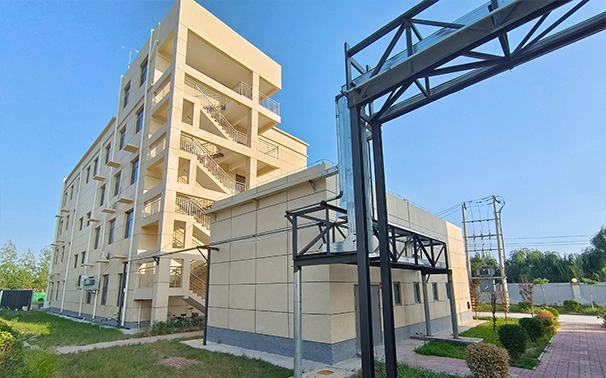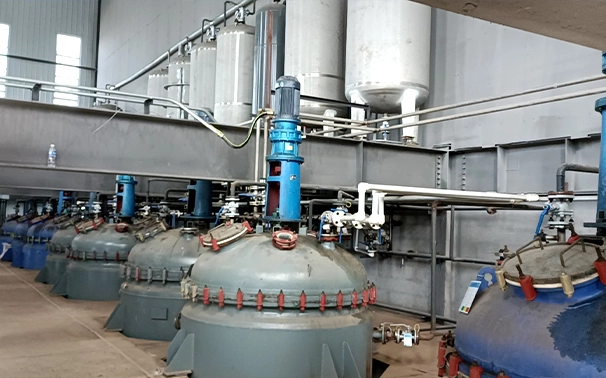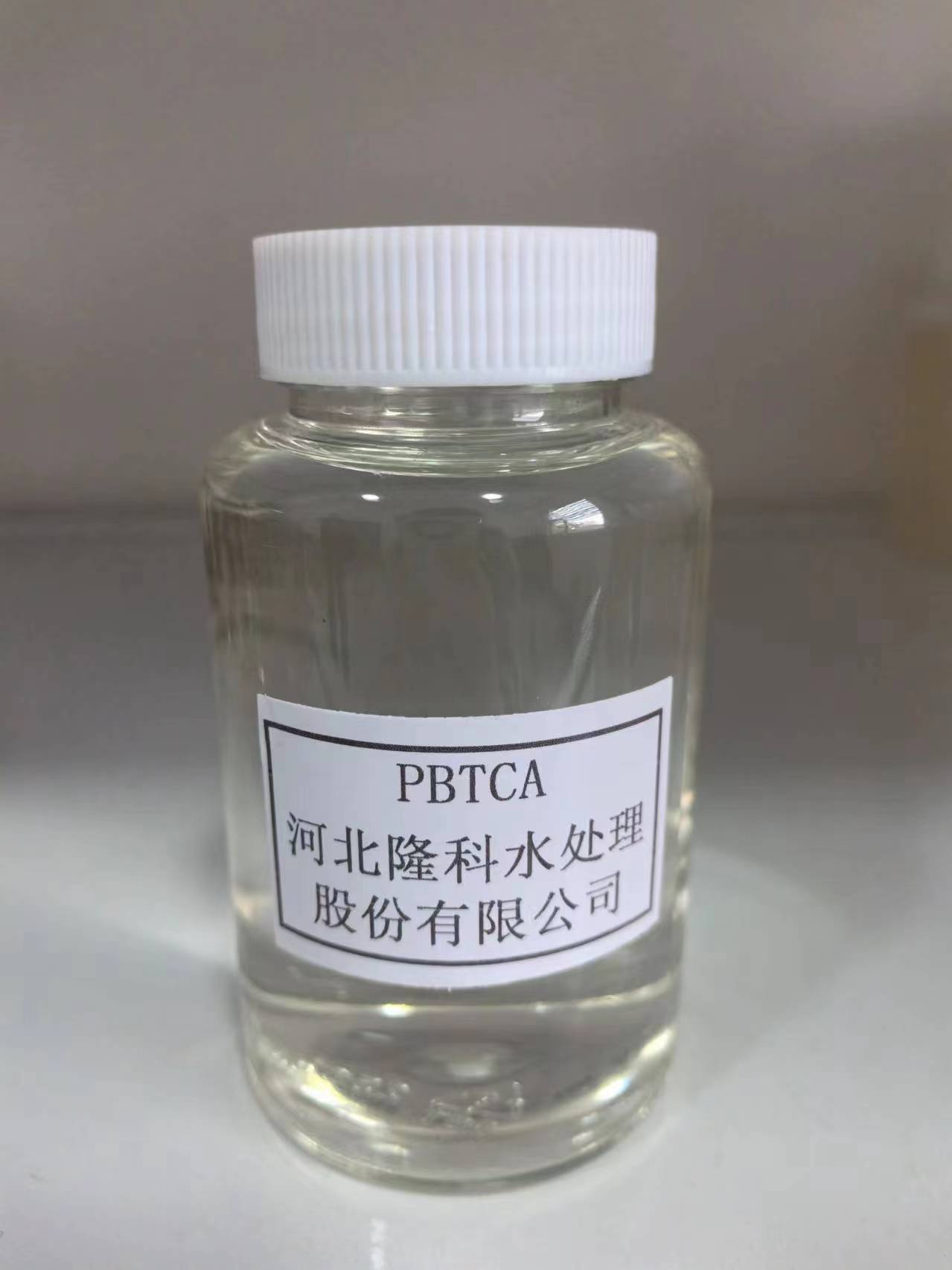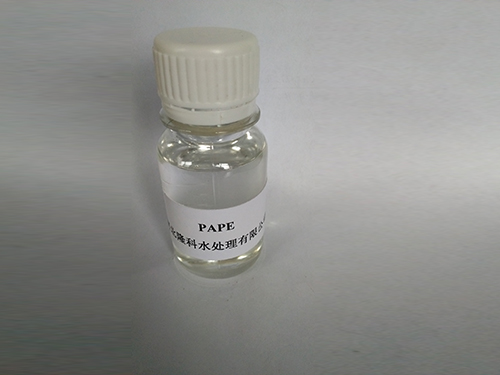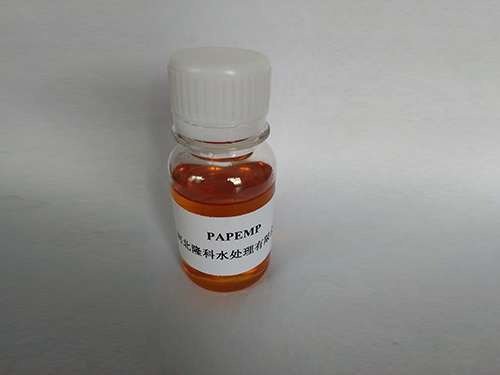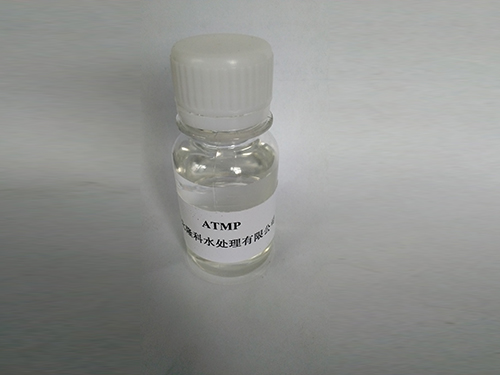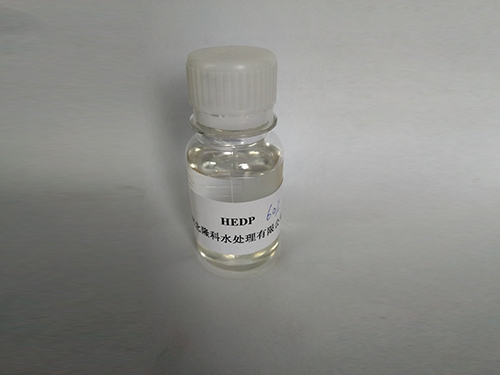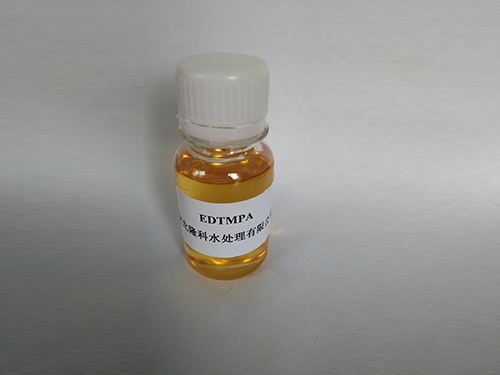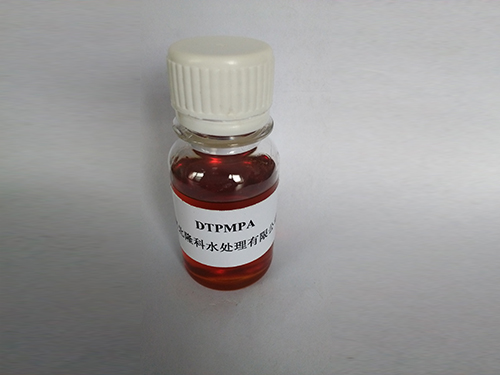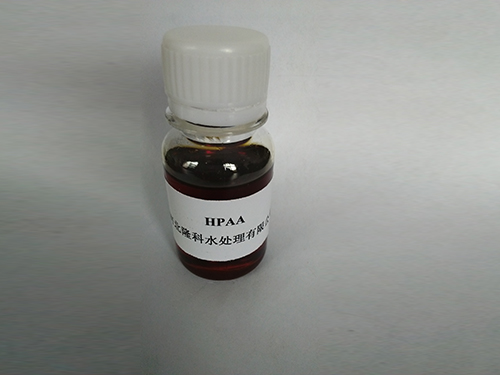Phosphonates Antiscalants, Corrosion Inhibitors and Chelating Agents, Products
Longke is proud to be a leading innovator in advanced water treatment chelating solutions, offering high-performance EDTA chelating agents and specialized chelating compounds designed to improve the efficiency and longevity of industrial systems. Our chelating reagent products are formulated to bind and remove metal ions from water, making them an essential tool in systems where metal contamination, hardness, and scaling threaten performance. Whether in chemical manufacturing, power generation, or boiler systems, Longke's products provide a powerful line of defense against corrosion and mineral buildup. Our chemical chelating agents are widely recognized for their ability to soften water and reduce scale formation, two of the most common challenges in industrial water systems. EDTA, or ethylenediaminetetraacetic acid, functions as a highly effective chelating compound that sequesters calcium, magnesium, and heavy metals. By reducing hardness and eliminating free metal ions, EDTA-based products maintain equipment performance and reduce maintenance costs.
In addition to our chelating product line, Longke is a trusted supplier of corrosion scale inhibitors, designed to prevent rust and mineral deposits in pipes, boilers, and heat exchangers. Our boiler corrosion inhibitors are specifically tailored for high-temperature environments where metal parts are at constant risk of corrosion. These corrosion inhibitor solutions protect equipment from internal damage while enhancing energy efficiency by maintaining clean, unobstructed water flow.
As an industry leader in corrosion inhibitors for water treatment technologies, Longke backs its product development with a fully equipped chemical analysis laboratory. We conduct comprehensive water quality diagnostics, including stable static screening for cooling water, dynamic flow simulations, and long-term performance tests. This ensures that each solution is optimized for real-world industrial conditions.
Our broad portfolio of industrial corrosion inhibitors meets the rigorous demands of sectors like petrochemicals, metallurgy, textiles, and electronics, where precision and reliability are critical. Longke’s commitment to technical excellence and environmental responsibility makes us the preferred partner for businesses aiming to reduce downtime and improve system sustainability. From chemical chelating agents to corrosion scale inhibitors, Longke provides a full suite of solutions that support smarter, cleaner, and longer-lasting water management strategies. Trust Longke as your expert resource in effective water treatment and corrosion control.
-
CAS-n-ro 37971-36-1
-
PAPE havas bonegan inhibician efikon sur bario- kaj stroncia skalo-demetado en akvo kiu ne povas esti kontrolita de ekzistanta hejma. skalo inhibidores . Ĝi ankaŭ havas bonegan skalan inhibician efikon sur la deponado de nesolveblaj saloj kiel kalcia karbonato kaj kalcia sulfato en akvo, kaj havas katodian protekton por ŝtalo.
-
PAPEMP estas unuageneracia akvopurigo agento kun altaj kelataj kaj disvastigaj propraĵoj, alta kalcia toleremo kaj bonegaj skalaj inhibiciaj proprietoj.
-
CAS-n-ro 6419-19-8
-
CAS-n-ro 2809-21-4
-
CAS-n-ro 1429-50-1
-
CAS-n-ro 15827-60-8
-
CAS-n-ro 23783-26-8
How Are EDTA and Similar Compounds Used as a Chelating Agent in Medicine and Industry, and What Does Longke Offer?
Chelating agents play a vital role in both medicine and industrial water treatment, working to remove or neutralize harmful metal ions that can cause toxicity in humans or corrosion in machinery. Among these, EDTA (ethylenediaminetetraacetic acid) stands out as one of the most effective and widely used agents. In medical applications, EDTA metal chelation is employed in the treatment of heavy metal poisoning, such as lead or mercury toxicity. Acting as a powerful chelating agent in medicine, EDTA binds with toxic metal ions in the bloodstream and helps eliminate them through the kidneys. Other chelating agent drugs may be used in managing conditions like Wilson's disease, where copper accumulates in body tissues. The demand for safer, more efficient natural chelating agents is also growing, particularly in the fields of integrative and preventive medicine. In the industrial sector, the chelating function of EDTA and similar compounds extends far beyond detoxification. These corrosion inhibitor chemicals are indispensable for scale and corrosion control in systems where metal ions such as calcium, iron, and magnesium are present. Longke specializes in phosphonate-based chelating compounds, which provide dual benefits as both chelators and corrosion inhibiting compounds.
Two flagship products from Longke include:
1-Hydroxy Ethylidene-1,1-Diphosphonic Acid (HEDP) – A phosphonate with excellent stability, used in cooling water systems, oilfields, and detergents. It functions as an acid corrosion inhibitor and maintains effectiveness even under high-temperature conditions.
Polyamino Polyether Methylene Phosphonic Acid (PAPEMP) – This high-performance compound has strong chelating ability and dispersing properties. It’s widely applied in systems requiring high calcium tolerance, such as boilers and industrial cooling circuits.
Backed by an advanced chemical analysis lab, Longke customizes each corrosion inhibiting compound using dynamic simulation testing and real-world water samples. This ensures each product not only meets technical standards but also delivers dependable results in demanding conditions. With growing awareness of the use of inhibitors in corrosion control, Longke provides the perfect synergy of innovation, precision, and environmental safety, making us a reliable partner in both the healthcare and industrial water treatment sectors.
Can a Corrosion Inhibitor for Cars Help in Extending Vehicle Lifespan, and Does Longke Offer Automotive Corrosion Inhibitor Solutions?
Absolutely. A high-quality corrosion inhibitor for cars plays a critical role in maintaining the integrity and efficiency of a vehicle’s cooling system. Automotive cooling circuits—including radiators, water pumps, and engine blocks—are constantly exposed to high temperatures, circulating water, and fluctuating pressures. Without proper protection, these harsh conditions accelerate rust formation, mineral scaling, and even internal component failure.
Longke recognizes the importance of advanced corrosion prevention for automotive systems and offers cutting-edge automotive corrosion inhibitor solutions specifically engineered to meet the demands of modern engines. Our phosphonate-based inhibitors, including Polyamino Polyether Methylene Phosphonic Acid (PAPEMP) and Polyhydric Alcohol Phosphate Ester (PAPE), are among the most reliable compounds available on the market. These chemical inhibitors exhibit strong chelating and anti-scaling capabilities, making them ideal for the dynamic environment of vehicle engines.
PAPEMP is highly effective under extreme thermal stress and offers excellent performance in softening hard water, while PAPE helps disperse mineral particles and maintains protective film stability on metal surfaces. Together, they form a protective barrier that defends against oxidation, scale deposition, and rust—all key factors in engine deterioration. By preventing the accumulation of harmful deposits, these corrosion inhibitors significantly reduce the wear and tear on internal engine parts, leading to smoother operation and extended vehicle life.
Longke also supports its automotive inhibitors with a robust quality assurance program. We conduct baseline water quality testing, corrosion simulations, and custom dosing recommendations based on vehicle specifications. This ensures that our corrosion inhibitor chemicals are delivered at optimal concentrations for maximum efficiency, whether in passenger cars or heavy-duty fleet vehicles. For fleet operators, logistics companies, or individual car owners looking to protect their investment, Longke’s automotive corrosion inhibitor solutions offer both performance and peace of mind. Our corrosion inhibitor for sale not only contributes to longer-lasting engines but also helps reduce maintenance costs, minimize breakdowns, and support environmental responsibility through cleaner engine operations.
How Does the Use of Inhibitors in Corrosion Control Enhance Equipment Longevity, and Why Are Longke Products Effective?
Corrosion is a silent but costly enemy to industrial equipment, reducing system efficiency, increasing maintenance demands, and eventually leading to premature failure. The use of inhibitors in corrosion control is one of the most effective ways to safeguard critical infrastructure and extend operational lifespan. These metal inhibitors act by forming protective films on metal surfaces, shielding them from corrosive elements such as oxygen, salts, and moisture. In complex industrial systems—such as boilers, heat exchangers, and cooling towers—this layer is essential for maintaining long-term performance and safety.
Longke’s corrosion control solutions, especially its phosphonate-based scale inhibitors, are designed to meet these demands with precision and reliability. Products like Amino Trimethylene Phosphonic Acid (ATMP) and 1-Hydroxy Ethylidene-1,1-Diphosphonic Acid (HEDP) are top-performing corrosion inhibitors that serve a dual purpose: they not only prevent metal oxidation but also inhibit mineral precipitation, which causes scale buildup. This unique corrosion scale inhibitor function protects equipment from both internal rust and surface calcification—two major threats in high-temperature, high-pressure environments.
ATMP and HEDP function by chelating metal ions and stabilizing them in solution, thereby preventing these ions from reacting with other compounds that form rust or hard scale deposits. These corrosion inhibitors are highly effective in systems with fluctuating pH and temperature conditions, such as industrial boilers and closed-loop cooling systems. Their chemical stability and ability to bind calcium and other minerals make them vital tools in ensuring uninterrupted heat exchange and mechanical performance.
What makes Longke’s products especially effective is the integration of advanced research and system diagnostics. Every inhibitor formula is supported by extensive testing in Longke’s instrument and chemical analysis room, where professionals conduct dynamic flow simulations, static corrosion screening, and water composition analysis. This ensures that each product is tailored to system dynamics, optimizing its performance in real-world operational conditions. Moreover, Longke’s phosphonate inhibitors are known for their low toxicity and biodegradability, making them an environmentally responsible choice for industries aiming to reduce ecological impact without compromising protection.
What Differentiates Chelating Agent Drugs from Longke’s Industrial Products?
Chelating agents, whether used in medicine or industry, share a fundamental purpose: to bind and neutralize metal ions. However, their applications, formulation, and safety profiles are vastly different. Chelating agent drugs, such as EDTA or phosphonate-based bisphosphonates, are carefully designed for human health applications, particularly in treating heavy metal poisoning or diseases like osteoporosis. These chelating compounds prioritize bioavailability, metabolic compatibility, and strict pharmacological safety, tailored for ingestion or injection under clinical supervision.
In contrast, Longke’s industrial chelating products are engineered with a focus on performance, durability, and compatibility with water treatment systems, not for human consumption. Our portfolio includes powerful chemical chelants like 1-Hydroxy Ethylidene-1,1-Diphosphonic Acid (HEDP) and Polyamino Polyether Methylene Phosphonic Acid (PAPEMP). These formulations are designed to deliver superior performance in harsh industrial environments, including cooling towers, boiler systems, and recirculating water loops. Their key advantage lies in metal ion sequestration, scale inhibition, and corrosion control, making them ideal for long-term industrial use.
Despite the similar mechanisms—both drug and industrial chelators exhibit strong affinity for metal ions—their chemical purity, concentration levels, and end-use regulations vary significantly. Longke’s chemical chelating agents are manufactured to meet industrial-grade safety standards, ensuring stability under high temperatures and pressure while remaining environmentally compliant. What sets Longke apart further is our commitment to green chemistry innovation. We actively explore and research natural chelating agents, like citrates from plant extracts for sodium citrate chelating agent, to develop more eco-friendly alternatives. These insights inspire us to create high-efficiency, lower-impact options for industries seeking sustainable water treatment solutions.
How Does VCI (Volatile Corrosion Inhibitor) Compare with Other Corrosion Inhibitor Chemicals Like Phosphonates and Chelating Reagents?
A VCI (volatile corrosion inhibitor) is a unique category of corrosion inhibitor chemical that protects metal surfaces in enclosed environments without the need for direct contact or liquid application. VCI's function by slowly release protective vapors that condense onto metal surfaces, forming a thin, molecular barrier that prevents oxidation and corrosion. This invisible shield is particularly useful for protecting valuable components such as electronic parts, spare machine parts, or metal tools during shipping, long-term storage, or periods of disuse. Unlike traditional inhibitors such as EDTA chelating agent or HEDP chelating agent, which are dissolved in circulating water systems and require continuous flow to remain effective, VCIs are ideal in dry-phase environments where liquid treatments are impractical or even damaging. These chelating reagents bind with metal ions in solution, effectively removing them from the corrosion equation. However, they offer little benefit in enclosed, non-operational systems.
On the other hand, phosphonate-based corrosion inhibitors like 2-Phosphonobutane-1,2,4-Tricarboxylic Acid (PBTC) and Amino Trimethylene Phosphonic Acid (ATMP) perform exceptionally well in dynamic water treatment systems, such as boilers, cooling towers, and heat exchangers. These chemical scale inhibitors work by stabilizing metal ions, controlling pH, and preventing calcium or magnesium deposits. Longke, a trusted corrosion inhibitor supplier, offers advanced formulations like PAPEMP (Polyamino Polyether Methylene Phosphonic Acid) and PAPE (Polyhydric Alcohol Phosphate Ester), which are highly effective under high-temperature, high-hardness conditions commonly found in industrial circulation systems. When comparing VCI to chelating agents or phosphonates, the core distinction lies in the application environment. VCIs shine in sealed, vapor-phase applications, providing passive protection without direct contact. Phosphonates and chelators, by contrast, are designed for active, liquid-phase systems and require ongoing circulation and monitoring.
For clients managing both operational systems and idle or shipped components, a combined strategy is often most effective. Longke recommends pairing VCI-based packaging for storage and logistics with its liquid corrosion and scale inhibitors during active system operation. This comprehensive protection model ensures metal integrity from production line to customer delivery, reducing rust risk, extending asset life, and cutting down on maintenance costs.
-
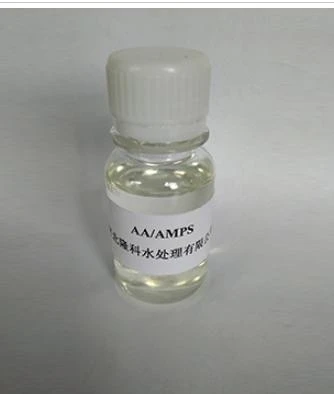 Understanding Polycarboxylic Acids: Properties, Applications, and Future PotentialPolycarboxylic acids are a versatile group of polymers widely used in water treatment, cleaning products, concrete admixtures, textiles, and even sustainable materials.Legu pli
Understanding Polycarboxylic Acids: Properties, Applications, and Future PotentialPolycarboxylic acids are a versatile group of polymers widely used in water treatment, cleaning products, concrete admixtures, textiles, and even sustainable materials.Legu pli -
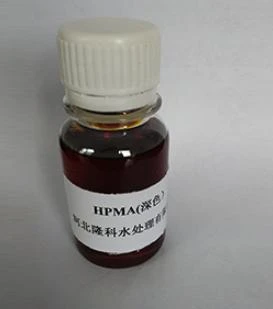 Scale Inhibitor Explained: How to Protect Your System from Limescale and Hard Water DamageIn water systems—from industrial boilers and cooling towers to household appliances—scale is a persistent enemy.Legu pli
Scale Inhibitor Explained: How to Protect Your System from Limescale and Hard Water DamageIn water systems—from industrial boilers and cooling towers to household appliances—scale is a persistent enemy.Legu pli -
 Scale and Corrosion Inhibitors: Essential Chemicals for Industrial Water System ProtectionIn industrial water systems—cooling towers, boilers, heat exchangers, pipelines, and RO systems—two silent threats can cause serious damage over time: scale formation and corrosion.Legu pli
Scale and Corrosion Inhibitors: Essential Chemicals for Industrial Water System ProtectionIn industrial water systems—cooling towers, boilers, heat exchangers, pipelines, and RO systems—two silent threats can cause serious damage over time: scale formation and corrosion.Legu pli -
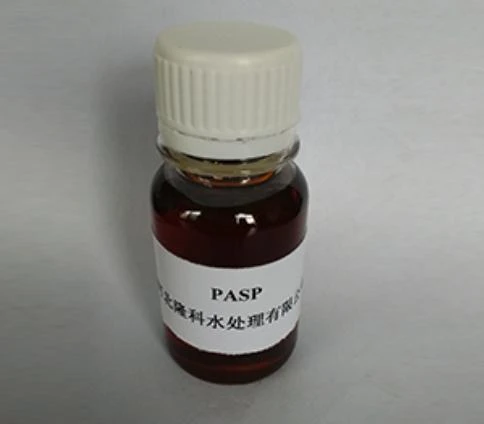 Polyaspartic Acid: A Biodegradable Polymer for Sustainable ChemistryAs industries move toward more sustainable materials, polyaspartic acid (PASP) is gaining traction across sectors—from water treatment and agriculture to coatings and biomedical applications.Legu pli
Polyaspartic Acid: A Biodegradable Polymer for Sustainable ChemistryAs industries move toward more sustainable materials, polyaspartic acid (PASP) is gaining traction across sectors—from water treatment and agriculture to coatings and biomedical applications.Legu pli







